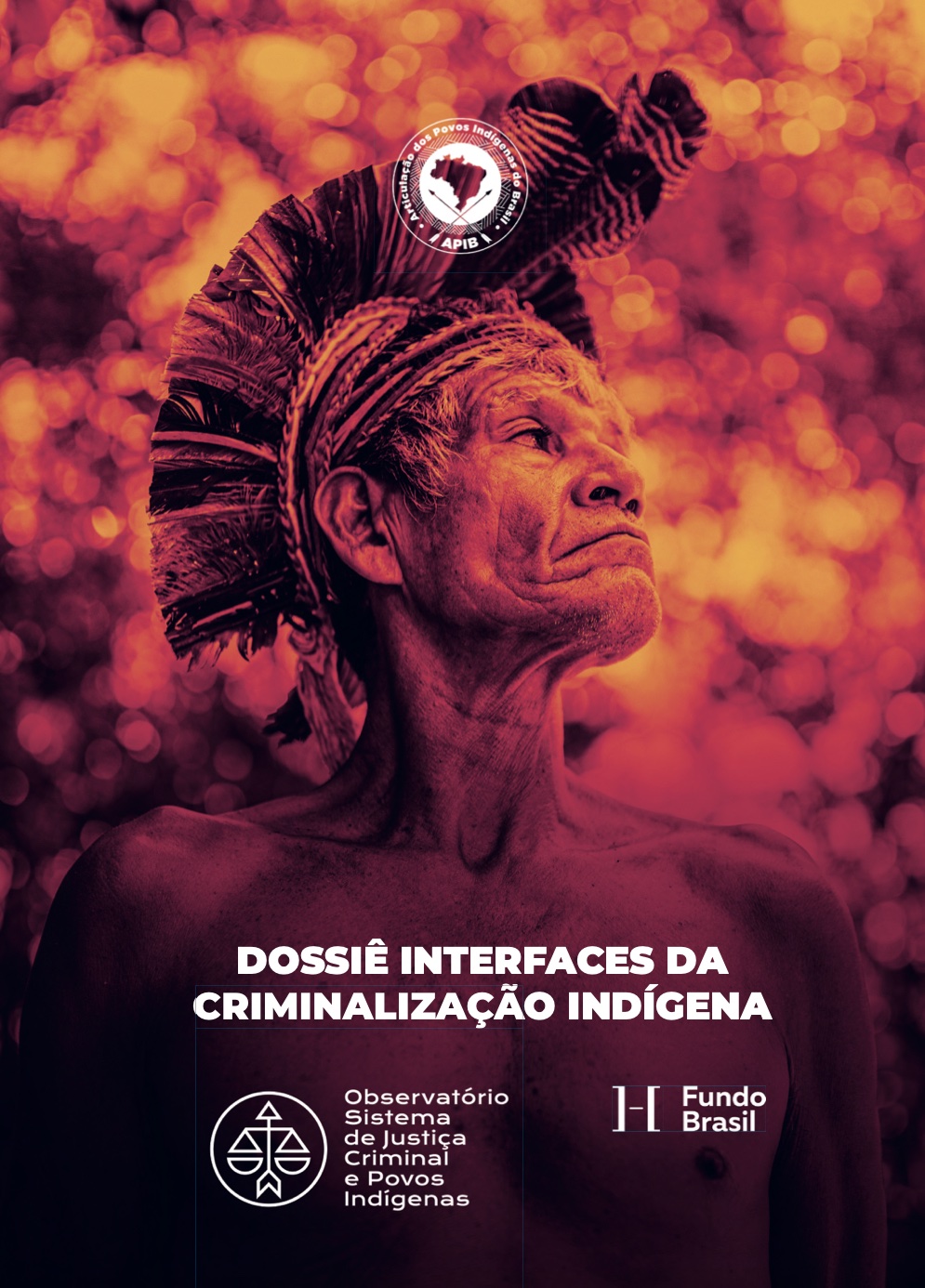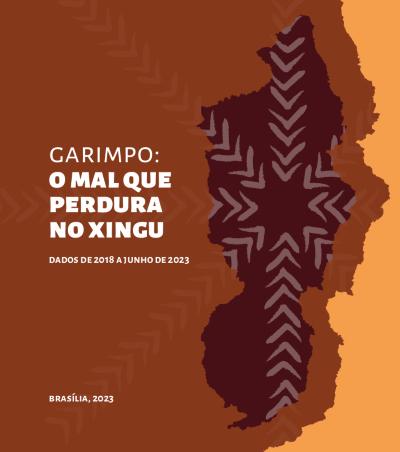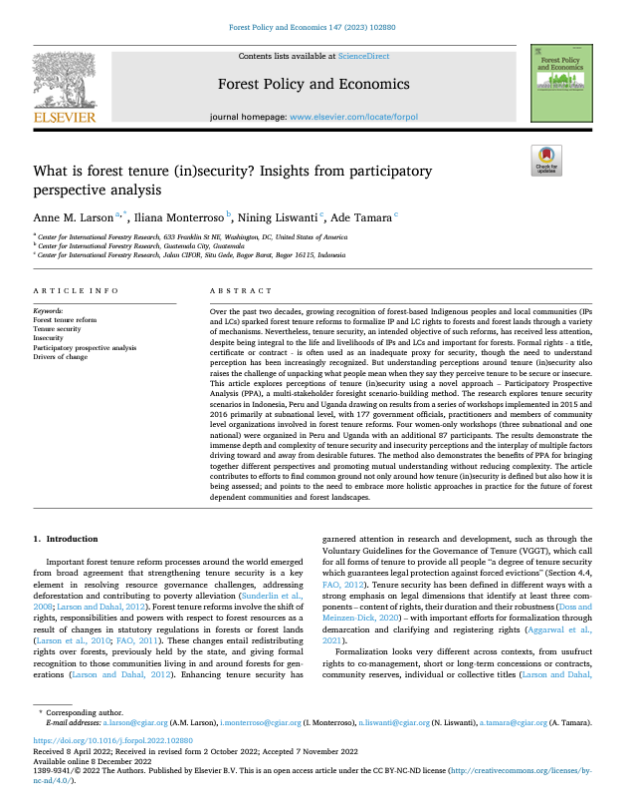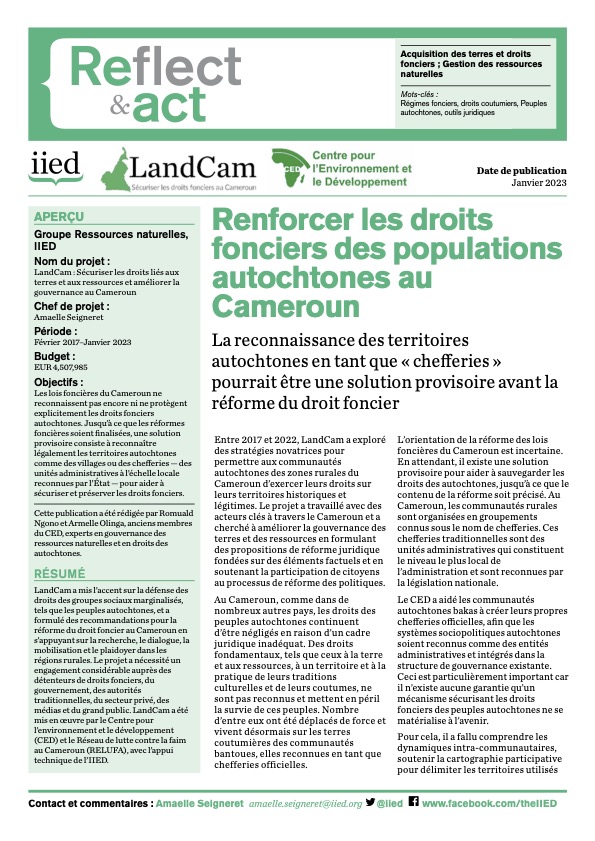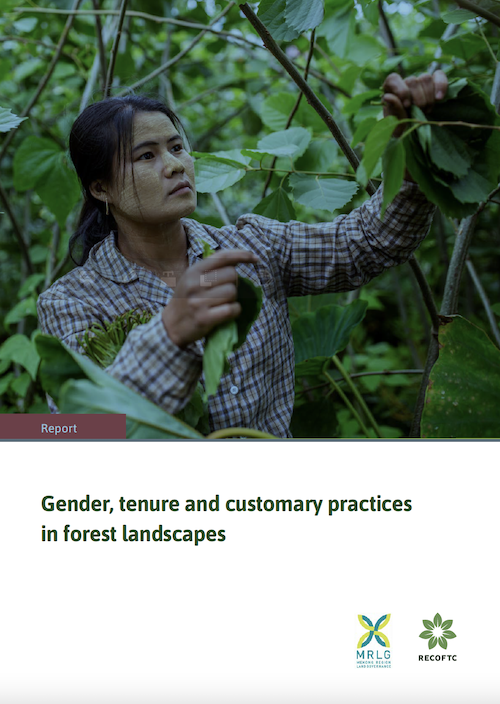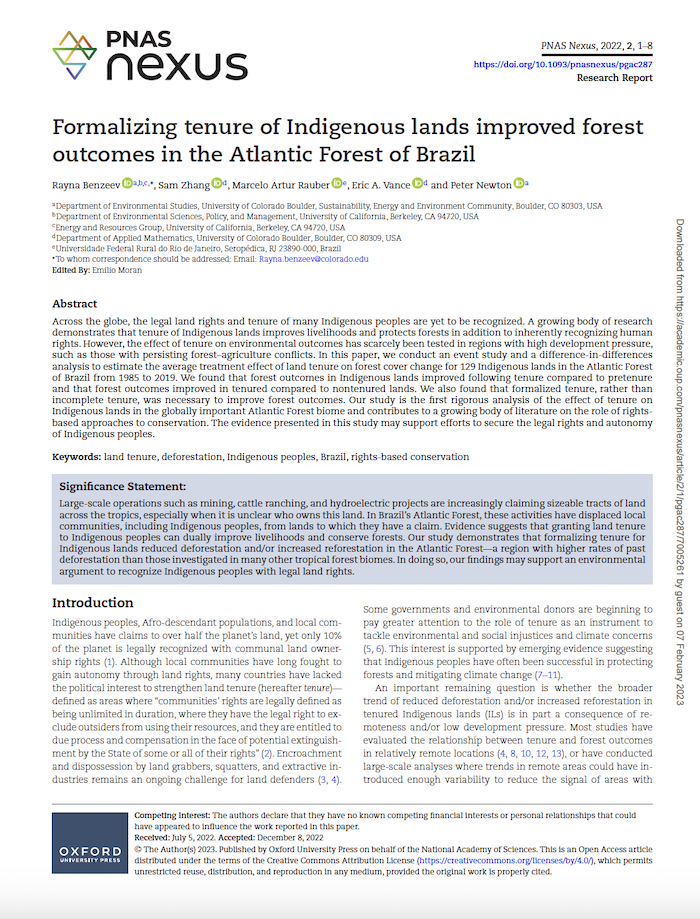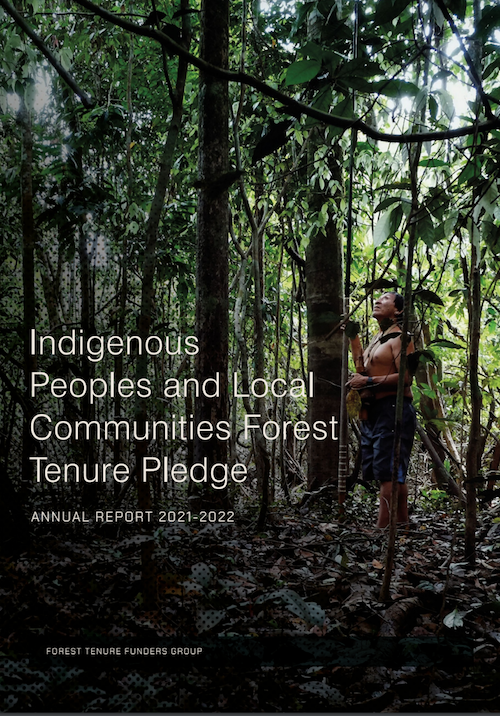El “Manual para Jóvenes Indígenas sobre sus Derechos Territoriales: Herramientas para la resistencia indígena y defensa de la Madre Tierra” fue creado por jóvenes indígenas, para jóvenes indígenas y no indígenas. Es una publicación de la Red de Jóvenes Indígenas de Latinoamérica y el Caribe
El Manual ofrece información clara, concisa y en un lenguaje fácil de comprender, respecto a las herramientas internacionales para que las y los jóvenes participen plenamente en la defensa del territorio y ayuden en la resistencia en la lucha por la Madre Tierra.

